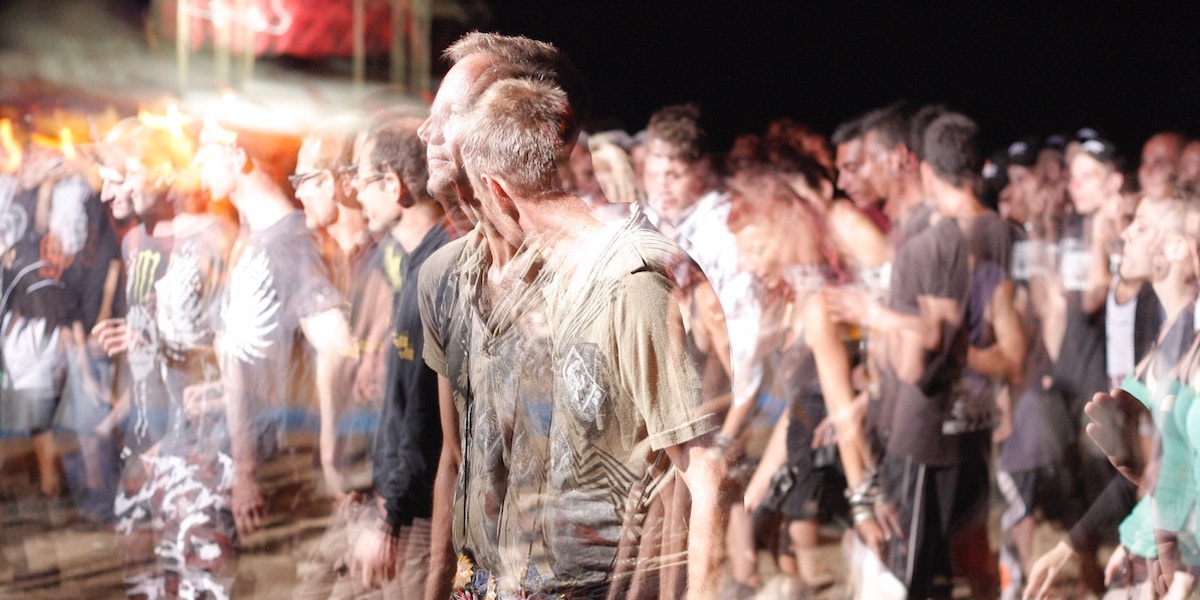Michael Pollan is the author of eight books, including Cooked, Food Rules, In Defense of Food, The Omnivore’s Dilemma, and The Botany of Desire, all of which were New York Times bestsellers. A longtime contributor to the New York Times magazine, he also teaches writing at Harvard and the University of California, Berkeley where he is the John S. and James L. Knight Professor of Science Journalism.
His most recent book, How to Change Your Mind: What the New Science of Psychedelics Teaches Us About Consciousness, Dying, Addiction, Depression, and Transcendence is an official Next Big Idea Club Spring Finalist. We asked Michael to delve into the big ideas behind his recent work, the surprising things he learned during his research process, and what he hopes his readers will take away from his work.
NBIC: In two sentences or less, can you sum up the “big idea” of your book?
Michael: The idea is that psychedelics—LSD, psilocybin, DMT—turn out to be an excellent tool for understanding the mind, both its normal workings and several of its disorders.
What surprised you the most in your research?
I was most surprised to learn about the critical role of the default mode network, a group of tightly linked structures in the brain that are involved in generating the sense we have a consistent self over time. (This is probably just an illusion, but a useful one.) When this network temporarily disintegrate, as it is does the influence of psychedelics, people report an experience of ego dissolution followed by a sense they are merging with nature or the universe. Another mode of consciousness seems to succeed the collapse of the ego.
Did an event from your personal life inspire or affect the book?
Yes. The approach of my 60th birthday brought a growing curiosity to explore issues having to do with death, consciousness and spirituality. My father was also diagnosed with terminal cancer, which made these issues urgent for me.
Do you have a favorite quote or motto that guides your life?
My dad used to say, “Fear exists only between your ears. So get out of there!”
What is one book that you wish everyone in the world would read?
How to Change Your Mind, of course!
What was your most humbling moment?
The birth of my son.
What trivial trick, talent, or feat can you do to impress people?
A knack for giving swift, plausible answers to questions I don’t know the real answers to.
What’s something that is really easy for most people that you find really challenging?
Putting one foot in front of the other. I’m a bit of a klutz.
What would you like readers to take away from your book?
That there are other forms of consciousness available to us, accessible not only by chemicals but meditation and others modes, and these can be extremely helpful in navigating our lives.
To read about the rest of the Next Big Idea Club‘s Spring Finalists, click their Q&As below:
Priya Parker on Finding the Magic in an Everyday Get-Together
Leonard Mlodinow on Where Brilliant Ideas Are Born
Francesca Gino on How Rebels Drive Innovation and Productivity





























